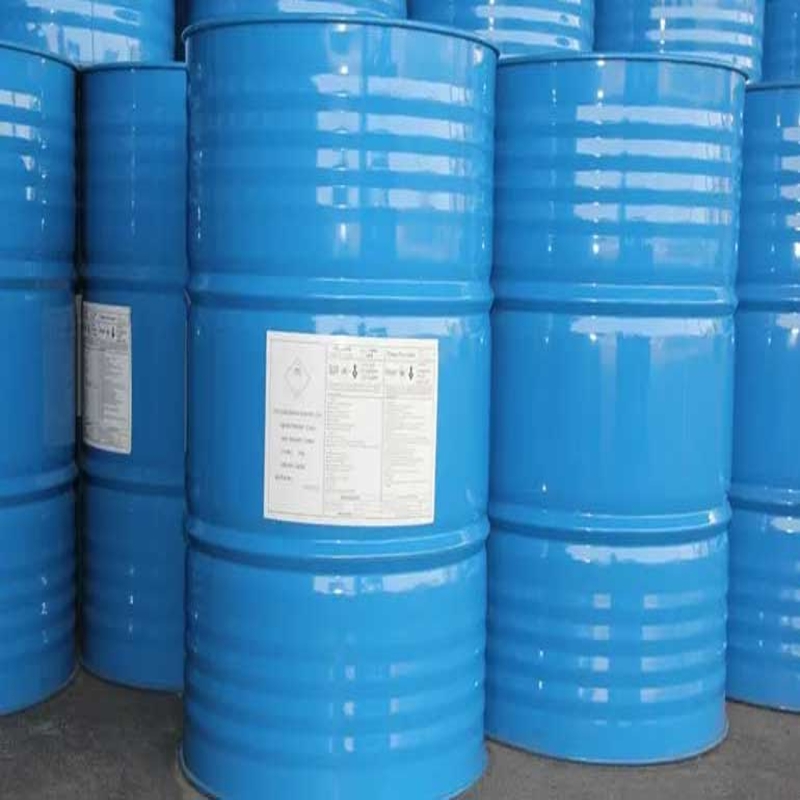-
Categories
-
Pharmaceutical Intermediates
-
Active Pharmaceutical Ingredients
-
Food Additives
- Industrial Coatings
- Agrochemicals
- Dyes and Pigments
- Surfactant
- Flavors and Fragrances
- Chemical Reagents
- Catalyst and Auxiliary
- Natural Products
- Inorganic Chemistry
-
Organic Chemistry
-
Biochemical Engineering
- Analytical Chemistry
-
Cosmetic Ingredient
- Water Treatment Chemical
-
Pharmaceutical Intermediates
Promotion
ECHEMI Mall
Wholesale
Weekly Price
Exhibition
News
-
Trade Service
According to Forbes online report, Tesla's fast charger can charge its electric vehicle battery with electricity that lasts 170 miles (about 274 kilometers) in 30 minutes
.
Now, Tesla's record is expected to be broken
by an Israeli startup.
Israeli startup StoreDot is said to have developed a new lithium battery that can travel hundreds of miles
on an electric car in just 5 minutes.
Catch up with Tesla! Israel's new lithium battery is charged in 5 minutes
The battery is the most expensive component
in an electric vehicle.
Many companies are experimenting with different ways to improve the performance
of batteries for electric vehicles.
Under current technology, the battery can last up to 265 miles (426 kilometers)
on a full charge.
With a standard charger, a state-of-the-art battery will take hours to fully charge
.
If a DC charger is used, a much more expensive fast charger, these batteries still take more than 30 minutes to fully charge
.
StoreDot, founded in 2012, is tackling battery problems
in a different way.
It is developing an entirely new lithium battery that can supposedly be fully charged
in minutes.
In theory, this technology could make an electric car fully charged in time comparable to the time it takes
for the car to refuel.
The company and its team of scientists have used nanotechnology and new organic materials to make batteries that charge and discharge faster than standard lithium batteries
.
Now, StoreDot is working with several large mobile phone manufacturers to try out the lithium battery
on mobile phones.
However, it may take longer
to develop the application of electric vehicles.
Even if all goes well, StoreDot's batteries are unlikely to complete the commercialization of their EV applications for at least five years
.
Transplanting battery technology from the lab to the commercial market is a difficult task, and it's unclear whether vehicle manufacturers will be interested in
StoreDot's products.
According to Forbes online report, Tesla's fast charger can charge its electric vehicle battery with electricity that lasts 170 miles (about 274 kilometers) in 30 minutes
.
Now, Tesla's record is expected to be broken
by an Israeli startup.
Israeli startup StoreDot is said to have developed a new lithium battery that can travel hundreds of miles
on an electric car in just 5 minutes.
Catch up with Tesla! Israel's new lithium battery is charged in 5 minutes
The battery is the most expensive component
in an electric vehicle.
Many companies are experimenting with different ways to improve the performance
of batteries for electric vehicles.
Under current technology, the battery can last up to 265 miles (426 kilometers)
on a full charge.
With a standard charger, a state-of-the-art battery will take hours to fully charge
.
If a DC charger is used, a much more expensive fast charger, these batteries still take more than 30 minutes to fully charge
.
StoreDot, founded in 2012, is tackling battery problems
in a different way.
It is developing an entirely new lithium battery that can supposedly be fully charged
in minutes.
In theory, this technology could make an electric car fully charged in time comparable to the time it takes
for the car to refuel.
The company and its team of scientists have used nanotechnology and new organic materials to make batteries that charge and discharge faster than standard lithium batteries
.
Now, StoreDot is working with several large mobile phone manufacturers to try out the lithium battery
on mobile phones.
However, it may take longer
to develop the application of electric vehicles.
Even if all goes well, StoreDot's batteries are unlikely to complete the commercialization of their EV applications for at least five years
.
Transplanting battery technology from the lab to the commercial market is a difficult task, and it's unclear whether vehicle manufacturers will be interested in
StoreDot's products.







